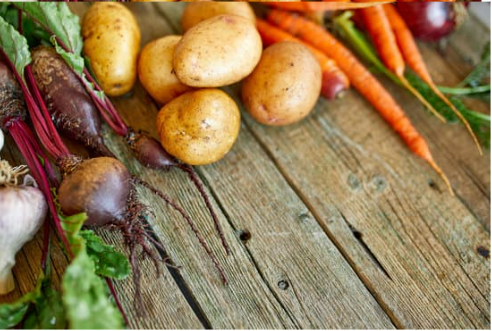Voles were decimating my perennial and native perennials beds until I started using Vole Mace. It works! I have been using it for 2-3 years, broadcasting it by hand into my gardens every three months, including over the winter. I made the mistake last fall of waiting longer than three months and the voles returned and did quite a bit of damage. Once I reapplied Vole Mace they left. I have kept up with three month applications and haven't had any vole problems since.
I placed this around where my rabbit issues were. I placed this where the rabbits were coming onto my lawn. After a day I found no rabbits grazing. This was just what I needed to stop them from eating my lawn. Works well.
Natures Mace has many natural products that work well and won’t harm the environment. Great service and prompt delivery. Highly recommend.
great product worked well for keeping snakes out of my bar n. They were eating my eggs. Need to get more after all the rain. Also now need it for keeping them out of my house
This stuff really works! And a little goes a long way. The dogs have stopped pooping in my yard again. For a little while I tried dumping cayenne pepper around my place that didn't really work then I dumped crushed red pepper around my place and that didn't really work either. The other day when I was outside I noticed one of the dog walkers cross the street and completely go around my place after I had put down the Dog Mace so she clearly understood her dog didn't like it as well
This is, by far, the best product I’ve found in my 60 plus years of gardening. I am in zone 7 and the deer are voracious feeders. I can now have beautiful hostas, lilies and zinnias. Can recommend highly.
Soo far it seems to be working better than anything else I’ve tried




